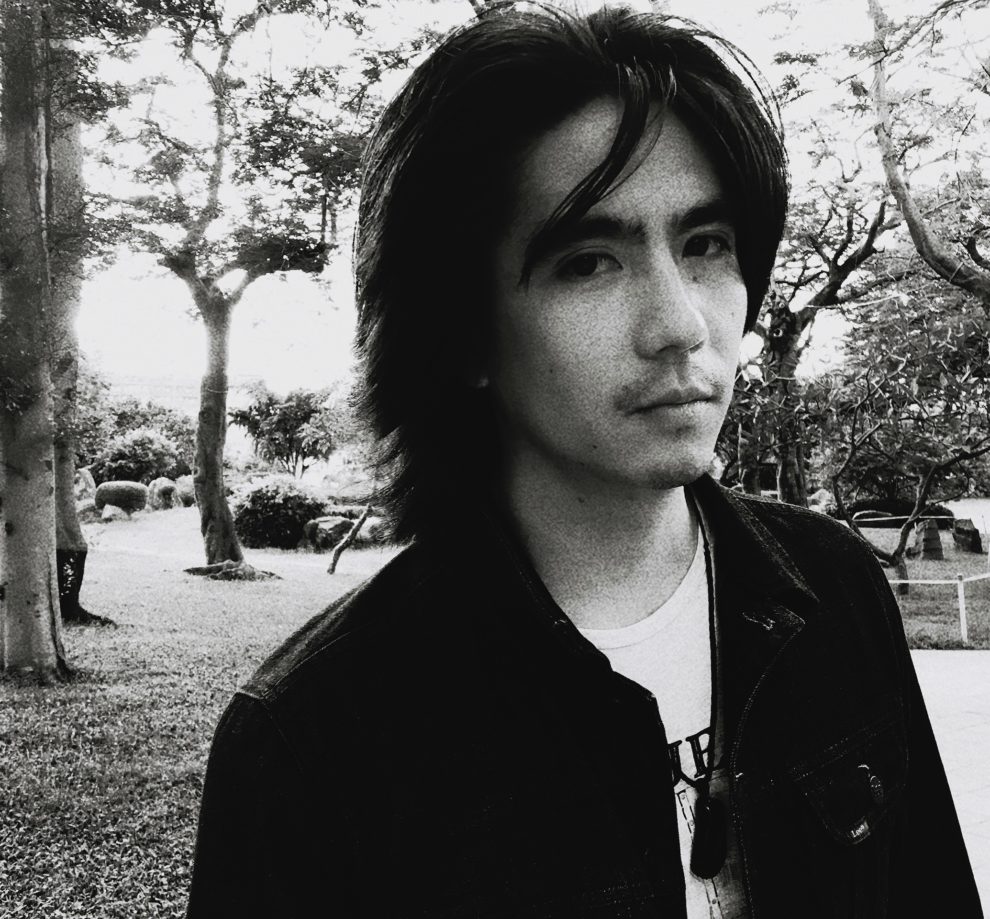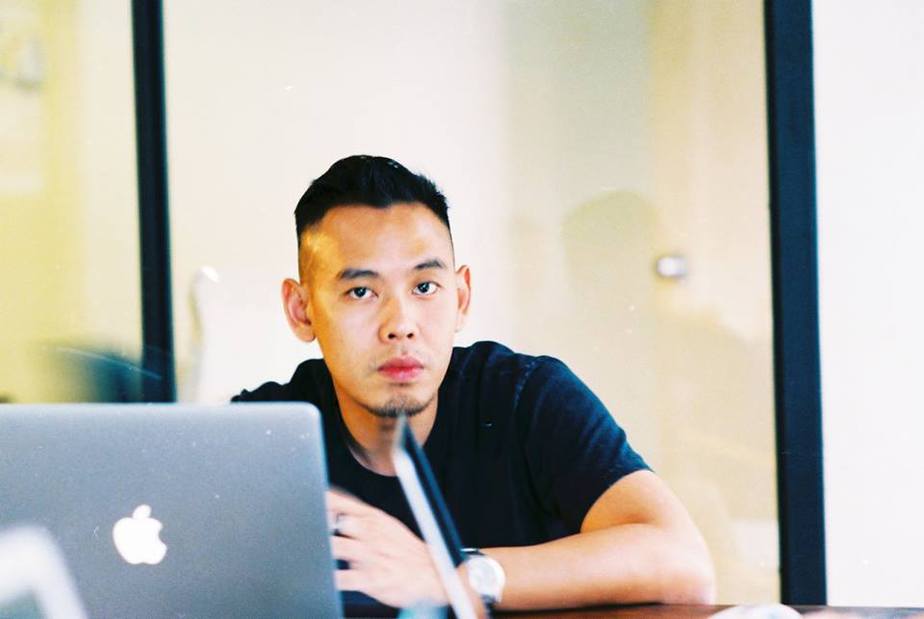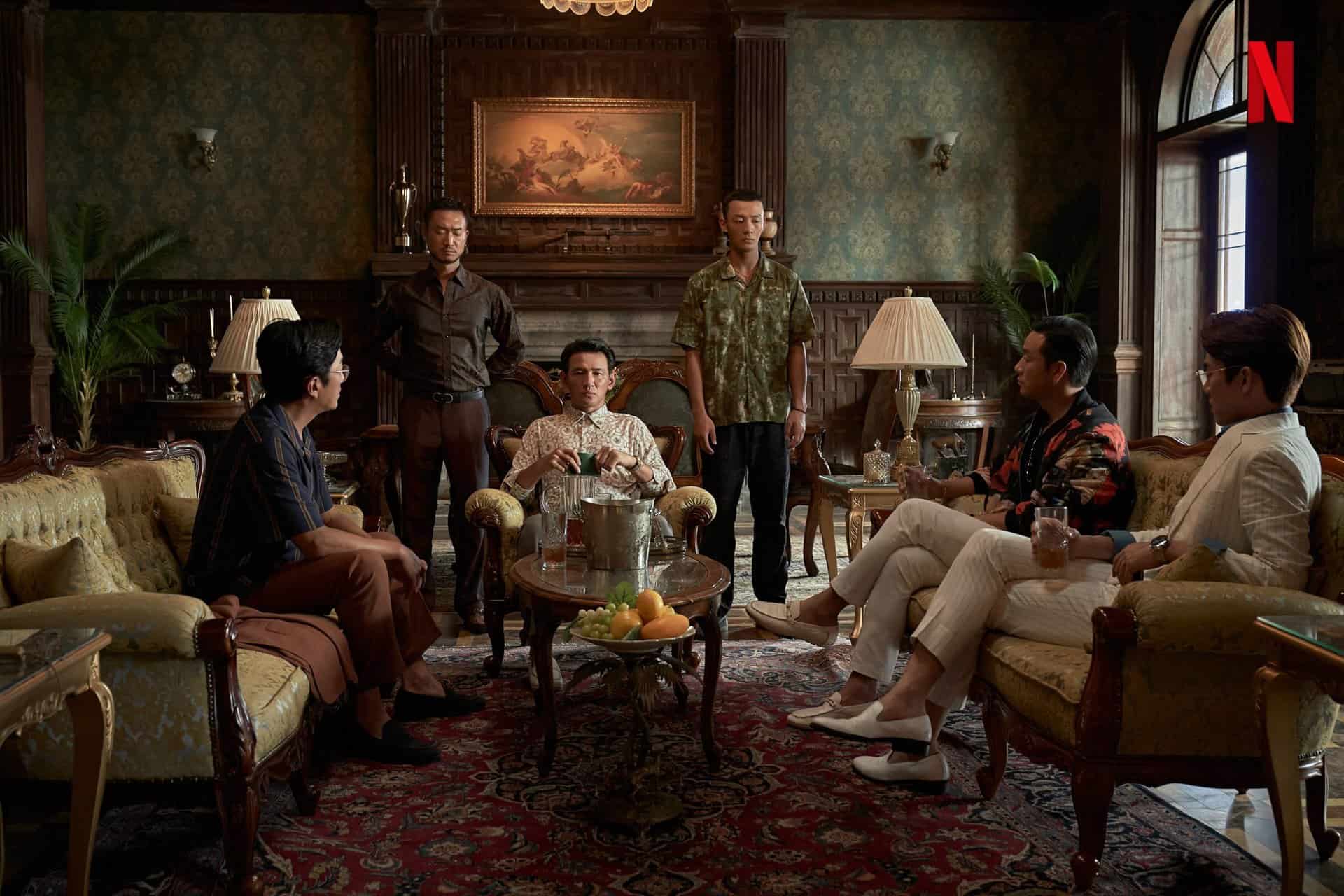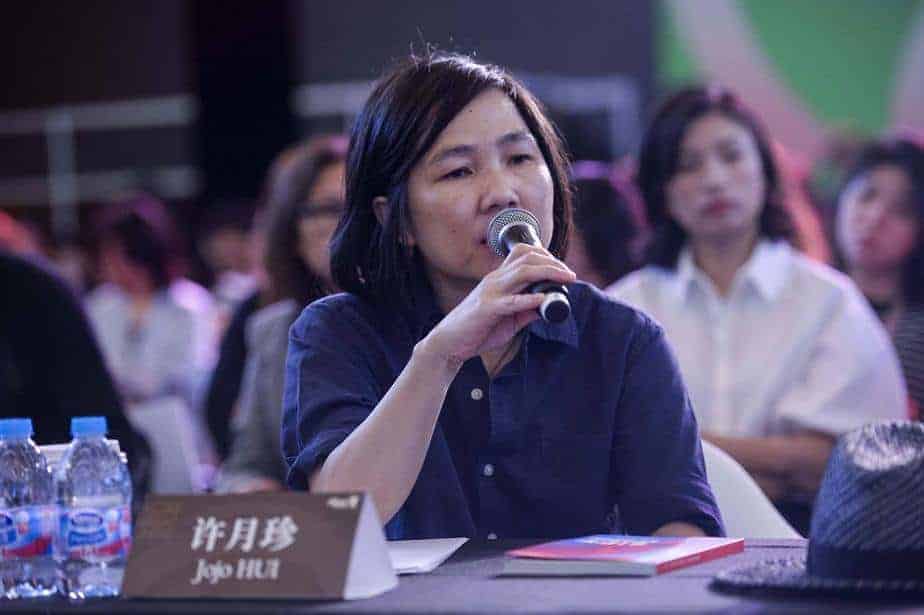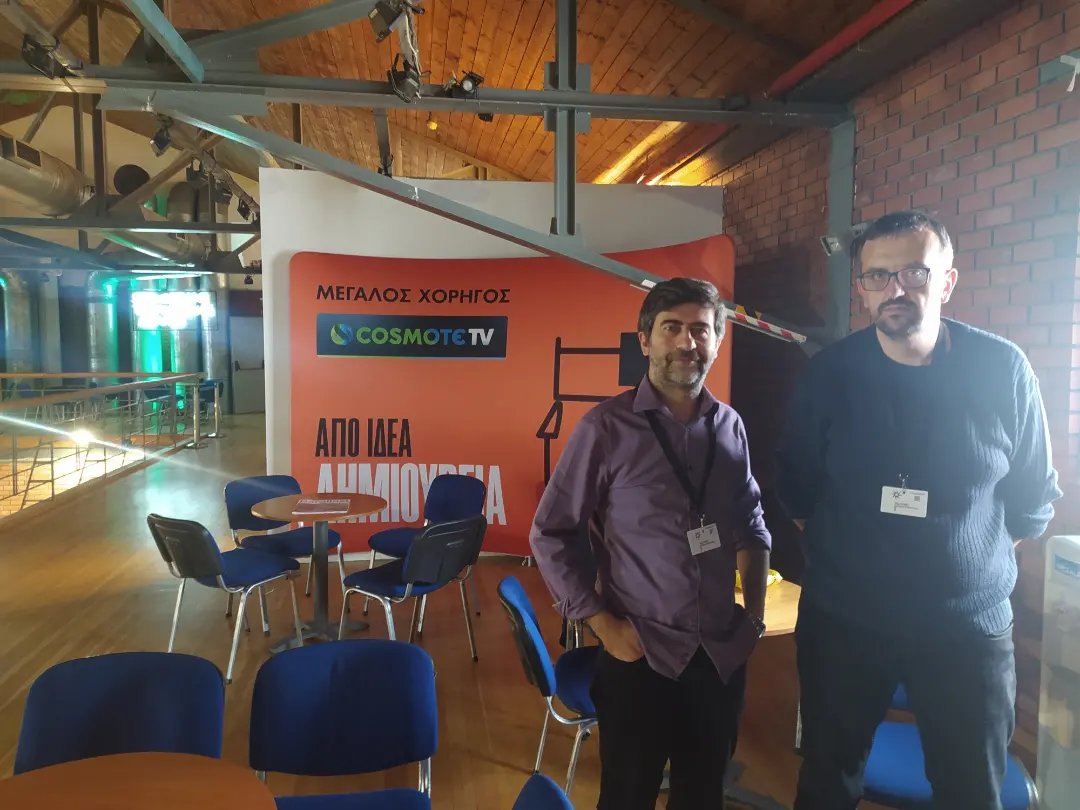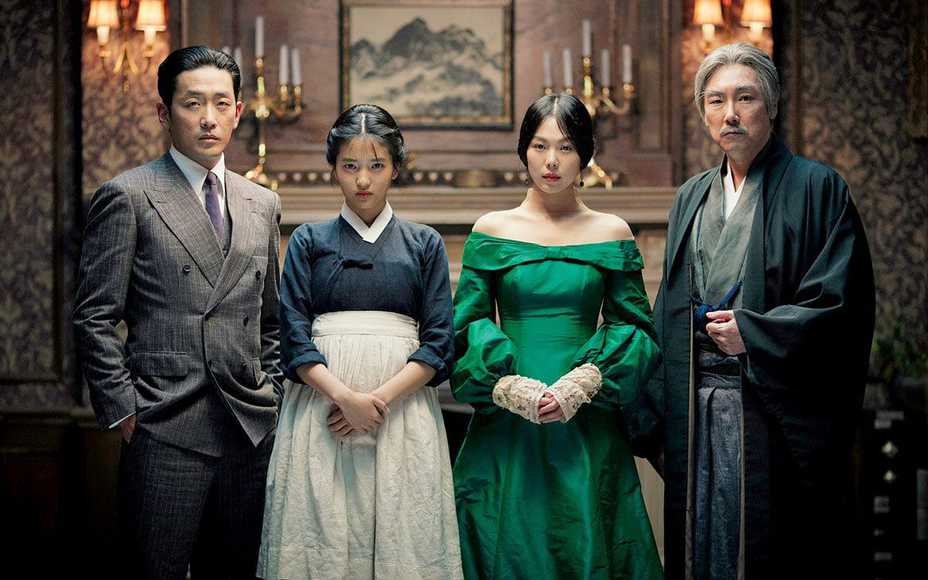Lee Yong Chao was born in Myanmar and studied in Taiwan. His short films have been nominated at Busan International Film Festival. His first feature documentary “Blood Amber” (2017) premiered at Locarno Film Festival in the Semaine de la critique.
On the occasion of his latest documentary, “The Bad Man” screening at Locarno, we speak with him about leaving Myanmar for Taiwan, the situation in the country after the coup, the character and story of the protagonist, the pastor and the rehab center, and other topics.
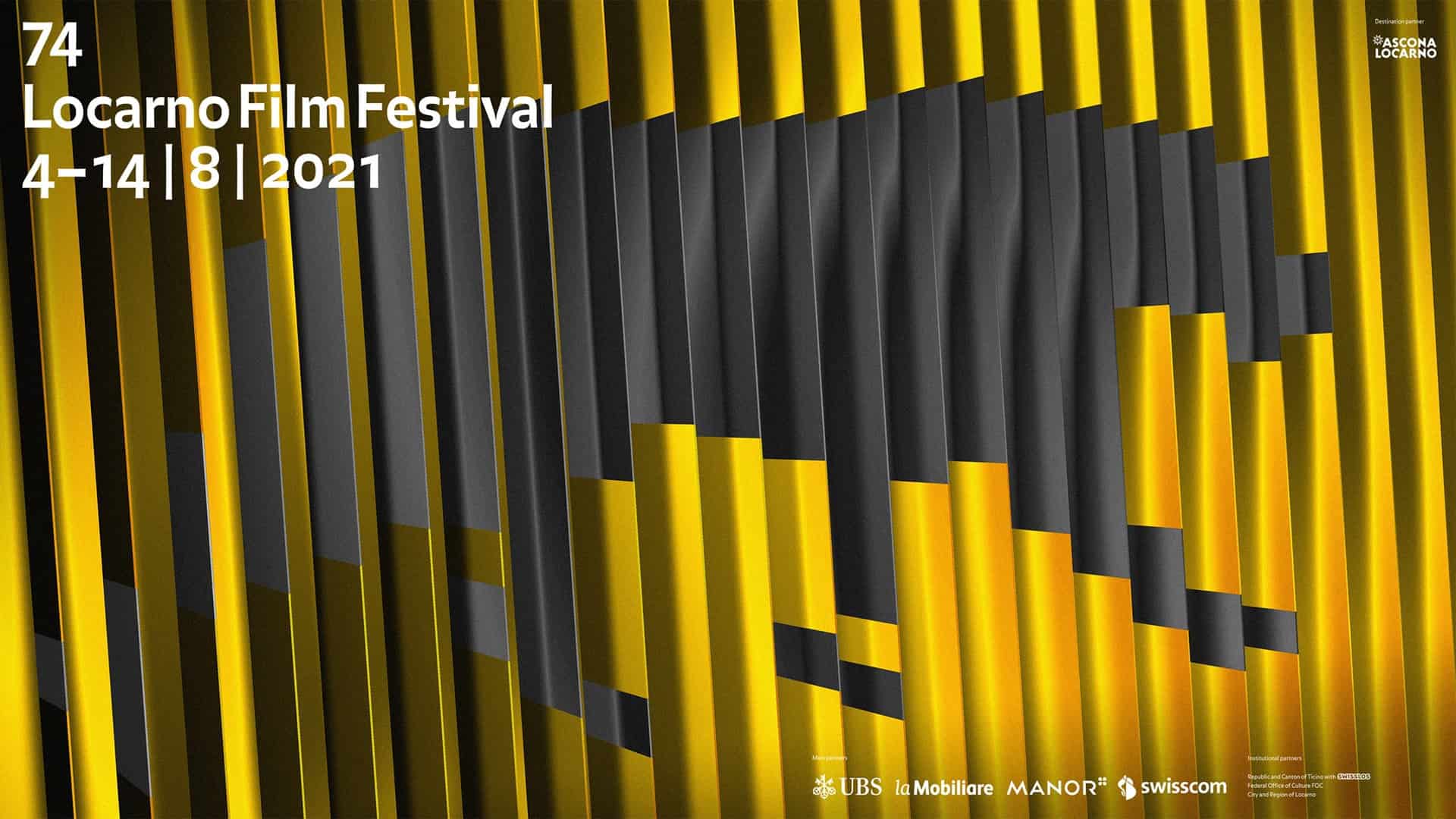
You were born in Myanmar but you also work in Taiwan. How did that happen?
I was born in Myanmar, in a very remote countryside town. My parents were really poor but they take education very seriously and they really placed a lot of emphasis on it. Therefore, after graduating from high school, I took part in entrance exams organized by theTaiwanese government and I came to Taiwan to study and I have been working in Taiwan for the past few years
I would also like to add that 20 years ago, people from Myanmar who attended Chinese/Taiwanese schools and wanted to study abroad could only go to Taiwan. Nowadays, students have more options, they can also go to China or other countries.
What is the situation in Myanmar now after the coup? What are your memories regarding the war in the country?
After the events you mentioned, people have lost their freedom. For example, if you wrote something online about the protest, essentially you would put your life in danger. A lot of people had to remove their “likes” from posts or delete what they posted before. There was a period when you would walk on the street, there would be soldiers there that would check your phones to see your content. Furthermore, sometimes you could not withdraw money from the bank and there is also a deflation in our currency. Before the events, you could exchange $1 for 1300 kyat but now it has fallen to 1800. This is something that has never happened before.
Both the political situation and the pandemic have very serious consequences in Myanmar at the moment, so the Chinese schools here have been in pause for more than a year now, and some of the teachers have gone on strikes, and eventually were imprisoned by the government. Also, some parents thought that it would be dangerous to send their kids to school. Therefore, it is fair to say that education at the moment is on hold in Myanmar.

Regarding the Civil War, I can recall a memory from since I was very little, 8 years old. It was very late in the night, around 2 or 3 am, when the KIA (Kachin Independence Army) soldiers broke into my house and tried to take me by force to make me join the army. I was so scared and shocked and I just kept crying and screaming. My parents tried to stop the soldiers by offering them a lot of goods and good wines. This is something that made an impression on me.
When I entered high school, I went to study in the city, and I would just stay in the dorm to study because I was scared of the situation in my hometown and the country at the time.
Lastly, when I was shooting my previous documentary, “Blood Amber” the fight between the KIA and the government soldiers was happening very close to where our crew was, therefore, during the night, we would hear the sounds of the bombs and the gunshots, an experience that was rather fearsome.
How did you find the titular man of “The Bad Man” and how did you convince him to do the film?
At first, I was at the rehab center, but this man was not my subject, I was filming other people. After a few months, he entered the rehab center, I talked to him and I realized his background. Then I tried to film him because in 2018, I had a film which was based on a story about a soldier who had lost his leg. And then when I met this man, I was thinking to myself that if I could shoot a real life story instead of fiction, then that would be much better. That is why I decided to make him the “protagonist” of the documentary.
In some ways, I feel that I have a lot in common with him, because he was also grabbed by the soldiers when he was little to join the army. I could not stop thinking whether I would have turned out like him if I was actually taken during the episode I mentioned earlier. This was another reason I wanted to film him.
It was not much of an effort to convince him because ever since he entered the rehab center, he was proud and vocal about what he had done, the killings, for example, were a glory token for him.
As time progressed and we got deeper and deeper into the subject, he started to have some concerns, while the pastors told him not to speak so much about what he did in the past. So, when we were filming this documentary, I told him that this film will not be playing in Myanmar, we had this mutual agreement.
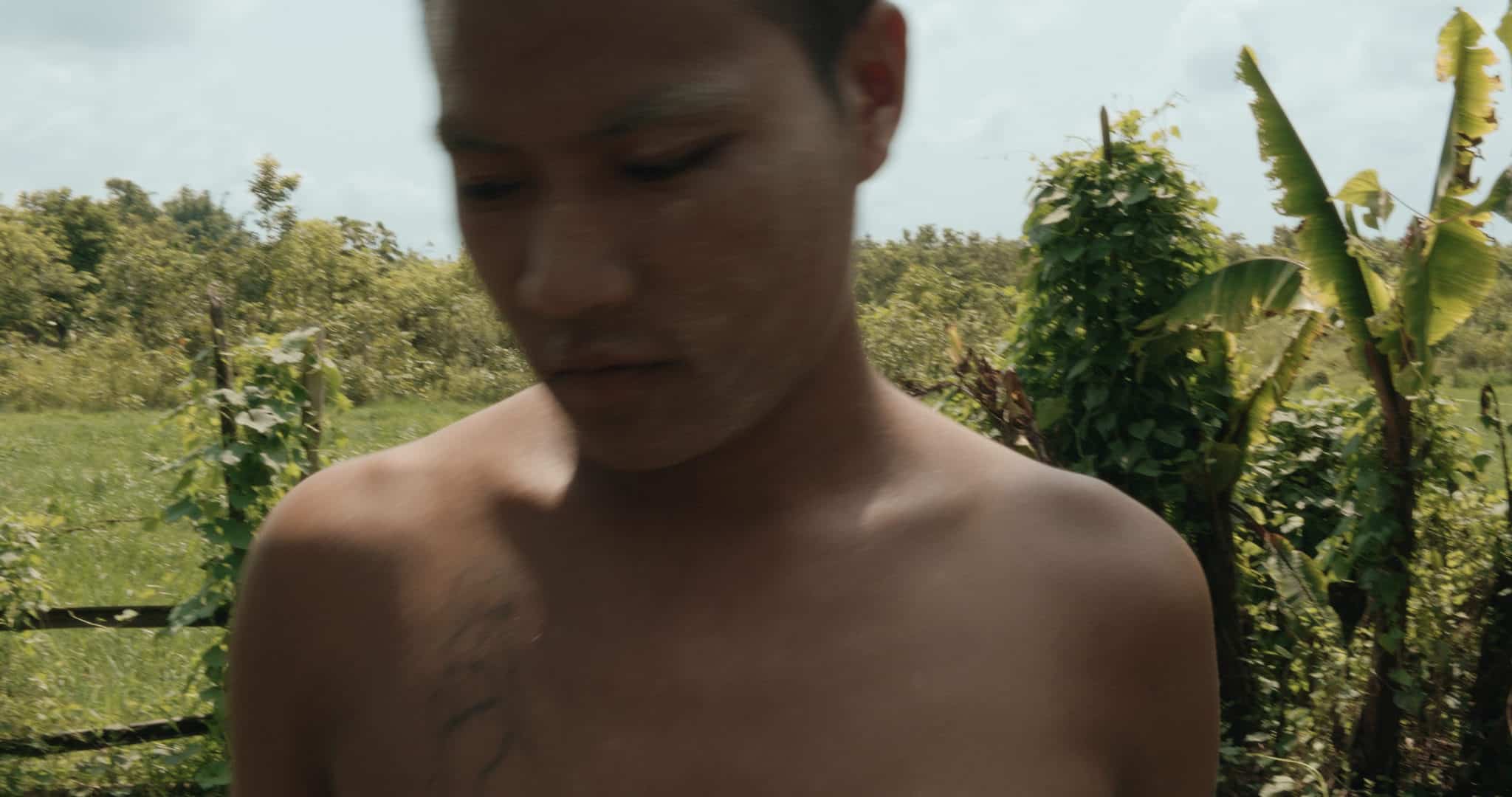
How old is he?
He is now about 23 years old.
After talking so extensively with him, what is your opinion of him? Has he truly regretted what he did in the past?
I think that the environment is very important. If he hadn't entered the rehab center, he might still be a bad person. During the time we were filming, he had a lot of reflections on his life, he kind of wanted to relive it. I was there, in the rehab center for a long time, and I could tell you that 3 out of 10 people who left from there would become good people, but the rest would go back to their old habits. So I cannot really say if he will become a brand new, good person. However, I believe that he was a good person to begin with and the things that happened to him changed his character.
Did you ever feel, during your talks with him, that he was lying about his past actions?
I feel that everything that I kept in the film is true, since in post-editing, I took out everything I felt he was lying about. The reason I believe what he said is true is because, one day he told me, “I should have not told you everything”. That made me believe that what he was saying was pretty much true.
Considering his narration consists of murder and rape quite extensively, did you ever feel shocked listening to him? Did you ever think of leaving some parts out?
Of course I struggled a lot when I was filming and when I was editing, because I have never met someone like that before. I kept asking myself if I should include these parts. Eventually, I thought that everyone has their bright and dark sides, and that is what makes a person three-dimensional, real. So, in the end, I decided to keep both the bad and the good sides of him. Also because he talked to me a lot about killing people and all his violent deeds, every night, when I was going through the material, I was feeling scared and I could not even turn the lights off. I could say that, over the period of working on the film, there was always fear in me.
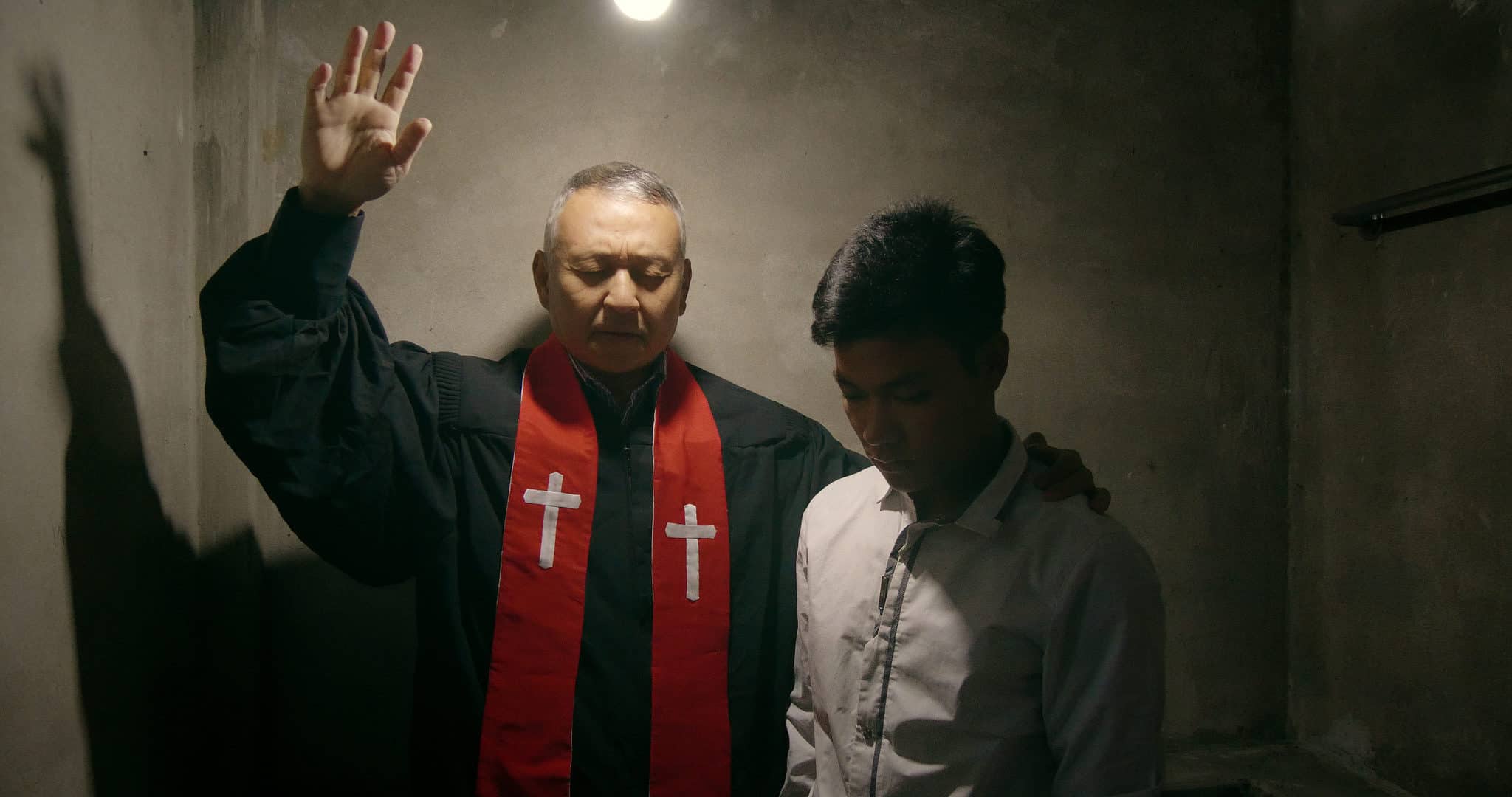
What is your opinion of the rehabilitation center and the pastor who runs it? Do you feel he is truly making a change? Also, how does the center get its funding?
I would like to talk about the pastor first. He was a drug user in the past and he has done some bad things. He had been in Taiwan as well a long time ago and he was really addicted. But because of what he had to go through, he became a pastor and decided to relive his life. He is running the center with the goal of helping as many people as he can.
Regarding the funding, the center receives money from overseas, from Christian organizations and also from people who are willing to donate, within Myanmar. Furthermore, they grow their own vegetables and they also keep animals like chickens and pigs.
Why did you choose to close the film with the young man drowning the dog?
Because I think that when a person wants to become good, there are a lot of challenges that they have to go through, and they will still meet a lot of bad people. Because the protagonist is just one person but there are still millions of people in Myanmar who are where he was and are still on the same path
How much time did you spend shooting and how much time editing?
It took me almost two years to film this documentary. It is a shame I did not have many opportunities to shoot when they were outside of the center, because they did not have many chances to go out. For example, the protagonist went out two times, but the first time he stood me up. Therefore, throughout the movie, there was only one scene outside the center, when they were playing football.
The film you saw is not the first version of my editing. I started editing after one year of filming, but I did not like the first version, so I kept filming for another year and then I edited another version. Usually, it does not take me much time, I am really fast in editing so it took me about 2-3 weeks to come up with this second version, that you saw.
Are you working on any new projects at the moment?
Because we are now in lockdown, it would be really hard to go back to Myanmar for the next few years. I am planning to shoot my next film in Taiwan. But now, because Taiwan is also in lockdown, it might be hard to make a new film there. I still have another feature film in progress which is called “Rain in 2020”. Anyway, I am not in hurry to make my next film


